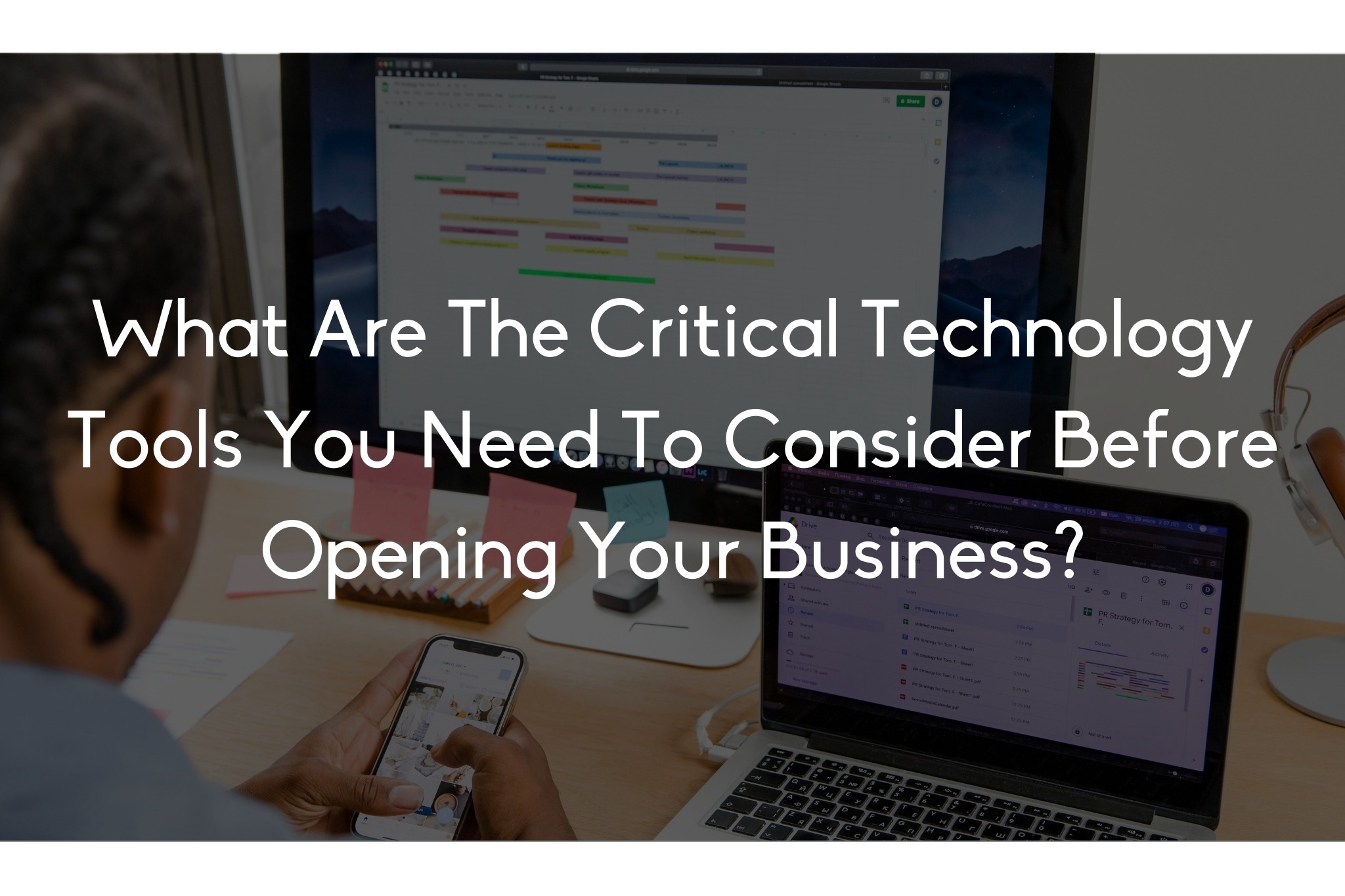In the ever-changing landscape of digital marketing, businesses are turning to Marketing Virtual Assistants (MVAs) as essential allies. These virtual professionals adeptly handle a range of marketing tasks, freeing up businesses to concentrate on their core activities and achieve their marketing goals.
A Marketing Virtual Assistant is a skilled virtual professional, handling diverse marketing tasks, freeing businesses for core activities. Proficient in both routine and complex assignments, MVAs boost productivity and ensure successful marketing campaigns, spanning social media management to data analysis.
Keep reading to find out exactly what tasks a Marketing Virtual Assistant takes care of. From managing social media to analyzing data, explore the diverse roles that make MVAs essential in today’s marketing world.
One of the primary responsibilities of a Marketing Virtual Assistant is to handle social media management. This involves creating and scheduling posts, engaging with the audience, and monitoring social media analytics. By ensuring a consistent online presence and fostering audience interaction, MVAs contribute significantly to building brand awareness and loyalty.
Marketing Virtual Assistants delve into the intricacies of various social media platforms, tailoring content to suit the unique characteristics of each channel. They craft compelling posts, incorporating relevant hashtags and visuals, and schedule them at optimal times to maximize reach. Engagement is a key aspect, as MVAs respond to comments, messages, and mentions, fostering a sense of community around the brand. Additionally, they keep a close eye on social media analytics, extracting valuable insights to refine future strategies and improve campaign performance.
Effective email marketing is a cornerstone of digital outreach, and Marketing Virtual Assistants excel at providing support in this domain. They assist in creating email campaigns, managing subscriber lists, and analyzing campaign performance metrics.
MVAs streamline the email marketing process by designing visually appealing and engaging email campaigns. They segment and manage subscriber lists, ensuring targeted content reaches the right audience. By monitoring open rates, click-through rates, and conversion rates, MVAs evaluate the success of email campaigns and recommend adjustments to optimize performance. This data-driven approach helps businesses refine their communication strategies and enhance the impact of their email marketing efforts.
Marketing success hinges on data-driven decision-making, and MVAs are well-versed in handling data analysis and reporting tasks. From generating reports to interpreting analytics data, they provide valuable insights that inform strategic marketing decisions.
Virtual assistants for marketing leverage data analytics tools to derive actionable insights from a variety of marketing channels. They create thorough reports that highlight trends and patterns and break down important performance metrics. MVAs enable businesses to allocate resources wisely, make well-informed decisions, and maximize the effectiveness of their marketing campaigns. They do this by providing reports that are easy to understand and digest.
Compelling content is the lifeblood of any successful marketing campaign, and MVAs contribute significantly to content creation and management. From writing blog posts to creating graphics, they ensure that the content aligns with the brand’s voice and resonates with the target audience.
Virtual assistants for marketing are excellent at creating interesting and varied content. They conduct in-depth research to produce educational blog entries, eye-catching graphics, and multimedia content curation. In order to maintain a consistent brand message, MVAs also manage content, planning and scheduling posts across various platforms. The total impact of marketing initiatives is greatly increased by their capacity to customize content to the preferences of the target audience.
In the dynamic world of digital marketing, a Marketing Virtual Assistant is not just a tool but a strategic companion, enabling businesses to navigate the complexities of the online landscape with finesse. From social media management to data analysis and content creation, the versatile skill set of MVAs makes them invaluable assets in the pursuit of marketing success. As businesses continue to adapt to the evolving marketing landscape, the role of Marketing Virtual Assistants is poised to become even more integral, providing a reliable and efficient solution to the ever-growing demands of the digital era.

